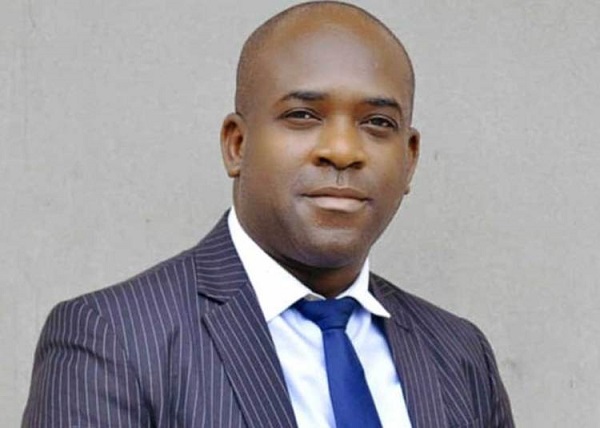Mr. James Ogunleye, Managing Director of Carbon Limits
Stakeholders in the oil and gas industry are striving to forge alliance with the federal government after it sets in motion policy direction to become the first major developing country to commit annual carbon budgets to plot its path towards cutting emissions to net zero.
The Managing Director of Carbon Limits, James Ogunleye, said the firm is playing a strategic role in Nigeria’s long walk to energy transition.
In a conversation with our correspondent, Ogunleye said the company has dedicated efforts to support ongoing initiatives of government was bolstered by already identified policies that is promoting stakeholders’ engagements in that direction.
He said his team is engaging with key regulatory agencies and have offered pro bono capacity building services which also afforded them the opportunity to interact with people in various institutions.
To him, “we’ve had opportunities of working with regulators in the energy sector. Looking at the energy sector over the last ten years, I can tell you that there has been tremendous change and improvement particularly in the oil and gas sector.
“A typical example is the flare reduction achieved in the oil and gas sector over the last 10 years. This is same within the power sector with ambitious targets set for renewable energy to be implemented in the country.”
He also expected that the country will go ahead and replicate these efforts within other focus sectors of Nigeria.
Ogunleye disclosed that, in the course of these interactions, he has noticed some policies had vastly impacted carbon operations in Nigeria, but lack of awareness has been a major challenge.
“While awareness is gradually improving, our hope is that government strategically put in place their Green House Gas, GHG implementation plan and have consultants come into the space to help the country achieve its goals.
“Implementing climate projects in the country, consultants in the country working with some of the international experts will help to build capacity in the country and transfer of knowledge. This is one of the good things we have achieved successfully.” he stated.
Also speaking with our correspondent, director and partner; Carbon Limits, Gbite Adeniji, said: ‘the synergy between Carbon Limits AS in Oslo and Carbon-Limits in Nigeria is helping in building capacity.’
Adeniji stated that, the team is poised to providing the needed support toward developing climate mitigation activities of projects through the whole life cycle.
“We must draw a line between where the role of government starts and ends and where that of private companies including Carbon Limits Nigeria, also starts and end.
“We are a specialist firm providing advice to participants in specific industries, which have a potential for high value creation potentials from their activities. It is not our role to get into the market space to advice the public,” he added.
In his view, co-founder and partner, Carbon Limit, Torleif Haugland, said, the energy transition is at an early stage and will ramp up and can make a difference through with the firms support to the public and private sector.
Haugland said: “Our goal is to make climate action a a common practice in Nigeria, the combination of having international expertise and experiences and in-depth knowledge about the situation in Nigeria, including some significant reference projects, should be a good basis for a rapid growth. We just need to find talented young people in Nigeria who will find it attractive to work with us.”
In addition, he stressed, “if we can rapidly transform our transportation system, one that runs more on methanol, CNG and LPG, or cooking switching from biomass, kerosene, and wood to LPG or methanol, we would have achieved a lot. Everyone talks about subsidy, but suppose you switch the subsidy to spending on the infrastructure that helps to move the country towards cleaner and cheaper fuels, we would have achieved a lot as a people.”


Comment here